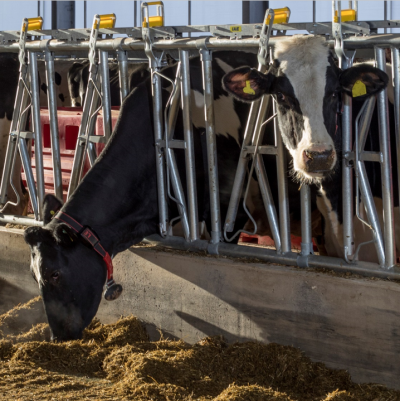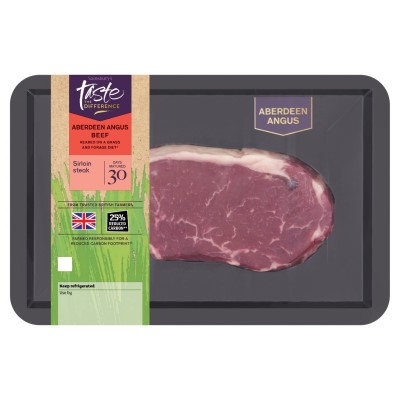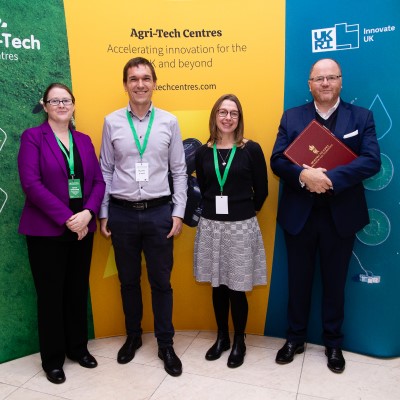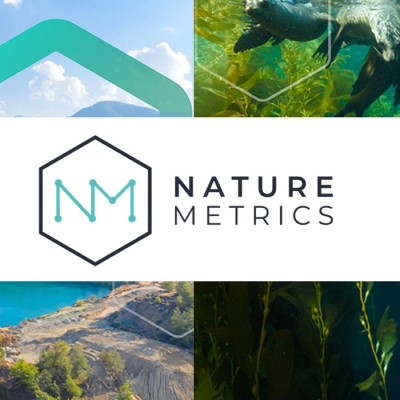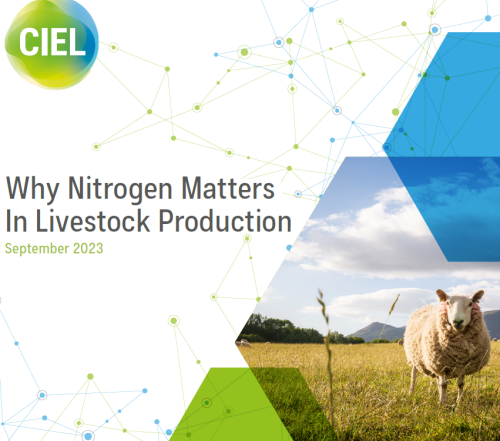CIEL | News: New AFBI project evaluates milk production from sustainable feed resources
Researchers at the Agri-Food and Biosciences Institute (AFBI) have commenced work on a major new research project which aims to examine strategies to produce milk from more sustainable feed sources. The project is titled SusMilk (Sustainable Milk), is funded by DAERA, and will run over the next three years.
As the world’s population continues to grow, so the demand for food is increasing. However, dairy cow concentrates often contain significant quantities of feedstuffs (especially cereals such as wheat and barley) which can be consumed by humans. This practice is likely to become increasing unacceptable in the future.
In addition, there is increasing consumer concerns about the sustainability with which some ingredients in dairy cow rations are produced, for example, soya-bean meal. Given these issues, there is increasing pressure on the dairy industry to produce milk from more sustainable animal feed resources. The successful development of this approach may have potential to reduce the environmental impact of milk production, while increasing the amount of food available for a growing global human population.
The project will examine the impact of reducing or removing ‘human-edible’ feedstuffs (mainly cereals) and ‘non-sustainably’ produced feedstuffs, from dairy cow diets. The impacts of this on cow performance, nutrient utilisation, and methane production, will be examined through a series of short and long term feeding studies. The economic and environmental impact of adopting these approaches will also be assessed though the use of a number of key performance indicators, which will include carbon footprinting and the calculation of the “human edible food conversion ratio” (eFCR).
The impact of factors such as forage quality and stage of lactation, on the response of cows when offered diets containing more sustainable feedstuffs, will also be examined within the project.
